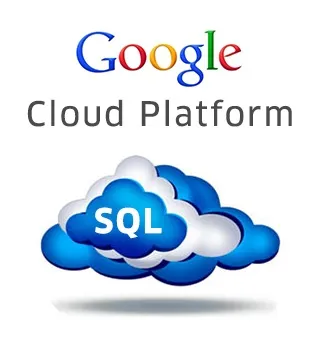Google Cloud SQL becomes Generally Available
After moving Google Compute Engine into GA in December last year, Google has now made its MySQL based Database as a Service offering, Google Cloud SQL generally available. Customers using Google App Engine or Google Compute Engine can connect to the Cloud SQL database.

- Some of the notable features of Google Cloud SQL include –All Cloud SQL traffic on Google’s internal networks is encrypted.
- External connections can be encrypted using SSL.
- All hosts and Google App Engine applications connecting to your instance must be explicitly authorized.
- MySQL user grants can be used to control access at the database, table, or even column level.
- Data is replicated multiple times in multiple locations.
- Scheduled backups are automatically taken by default.
With this, the maximum supported size of database has become 500GB. The SLA guarantees 99.95% availability making it a very reliable database service. Priced at $0.025 per hour for on-demand machines, Cloud SQL has two different billing plans –
- For developers with more traffic, there are package plans that offer a discount, which helps in predicting the costs in advance.
- For developers with lightweight applications, a flexible “per-use” pricing scheme is available. They can pay only for the time they access the data.
Google claims that Costco uses Google Compute Engine and Cloud SQL to run public e-commerce sites. Other customers include LiveHive, Ocado and LiveStream.
This marks the entry of another viable player into the crowded DBaaS market. Amazon RDS and Microsoft Windows Azure SQL Database already offer database in the cloud.







